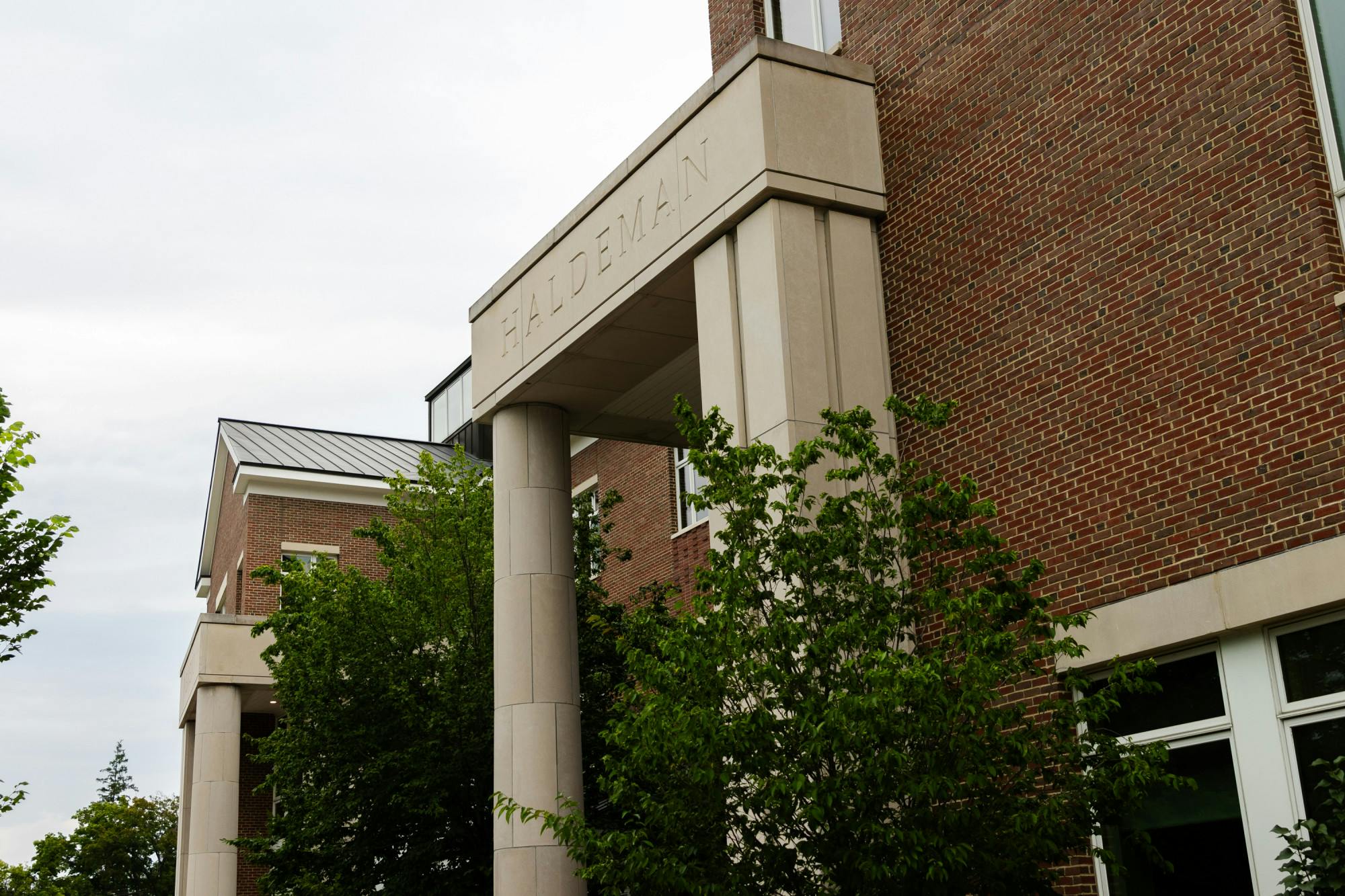On July 19, the Office of Communications announced the launch of the Institute for Black Intellectual and Cultural Life, which will be located on the second floor of Haldeman Center. The Dartmouth was unable to confirm when the Institute will open to the community by the time of publication. According to English and creative writing professor Kimberly Brown, the Institute’s director, the Institute aims to be “a center for Black studies research.”
“[The institute will] support initiatives that are already occurring on campus, including programs that are coming through the [African and African American Studies department],” she said. “It will extend beyond a department or a program — it’s a center for Black Studies research, and that’s what we’ll be doing.”
Brown added that the Institute is open to the entire Dartmouth community, not solely the College’s Black community.
“It’s open to anyone who wants to engage in this, [but] the focus is on Black people throughout the African diaspora,” Brown said.
According to senior associate provost Kenya Tyson, global unrest following George Floyd’s murder in May 2020 motivated the College to create the Institute. In July 2020, members of the Dartmouth community penned an open letter to the Board of Trustees, former College President Phil Hanlon and the College’s senior leadership team asking Dartmouth “to take concrete steps to unravel its built-in structural racism,” according to Tyson.
“[Black alumni] wanted something that represented their needs, their desires and what they wanted to see Dartmouth do,” Brown explained.
According to a College press release, the Institute has set an initial budget of $2.3 million, $1 million of which was raised by donors through the Call to Lead campaign. The other $1.3 million was given by the Office of Provost, the press release stated. The Office of the Provost has also committed to give an additional $400,000 annually for the first four years of the Institute’s operation, during which the Institute will submit annual reports on its progress, Tyson said.
“I worked with the Provost’s Office to identify [this] additional funding that would be needed to ensure that the Institute and its pilot phase would be able to fully function,” she added.
According to Brown, her responsibilities as the Institute’s director will focus on “research” related to the black diaspora, programming, as well as ensuring the Institute’s longevity. Brown will also work alongside an executive director who has not yet been hired, Tyson said.
Zantasia Johnson — program coordinator for community and leadership at the Office of Pluralism and Leadership — said she plans to coordinate programming between her office and the Institute.
“I haven’t had a chance yet to meet with Director Brown, but I do plan to have a meeting with her to talk about how we can be good campus partners to them and how we can collaborate for programming,” Johnson said.
Kylie Del Rosario ’24 — president of the Xi Lambda Chapter of Alpha Kappa Alpha sorority, Inc., the first intercollegiate historically Black society, and National Pan-Hellenic Council member — said she is optimistic about the Institute.
“I like the idea [of the Institute] because it is similar to how [the John Sloan Dickey Center]and [the Nelson A. Rockefeller Center] work when it comes to getting speakers, postdoc fellows, additional courses — which I always feel [are] very much needed,” Del Rosario said.




